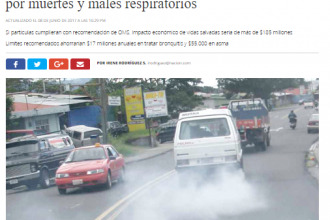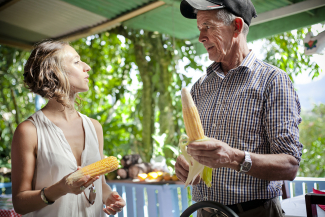Marine protected areas in Costa Rica: How do artisanal fishers respond?
Costa Rica is considering expanding their marine protected areas (MPAs) to conserve marine resources. Due to the importance of households’ responses to an MPA in defining the MPA’s ecological and economic outcomes, this paper uses an economic decision framework to interpret data from near-MPA household surveys to inform this policy discussion. The model and data suggest that the impact of expanding MPAs relies on levels of enforcement and on-shore wages.





